Welcome to the driving and car vocabulary page! Here, you can find a comprehensive list of terms related to driving and cars. Explore games, flashcards, and other resources to help you learn and reinforce your knowledge of this subject. Get ready to expand your vocabulary and become more familiar with the world of driving and automobiles.
Driving is an essential skill that requires focus, patience, and responsibility. Whether you’re a new driver or have years of experience behind the wheel, it’s important to always stay alert and follow the rules of the road to ensure your safety and the safety of others. A well-maintained car is also crucial for a smooth and safe driving experience. Regular maintenance checks, such as oil changes and tire rotations, can help prevent breakdowns and accidents on the road. By practicing safe driving habits and taking care of your vehicle, you can enjoy the freedom and convenience that comes with having a car while minimizing the risk of potential hazards.
Practice & Reinforce Your Learning
Driving And Car Vocabulary List
Road conditions
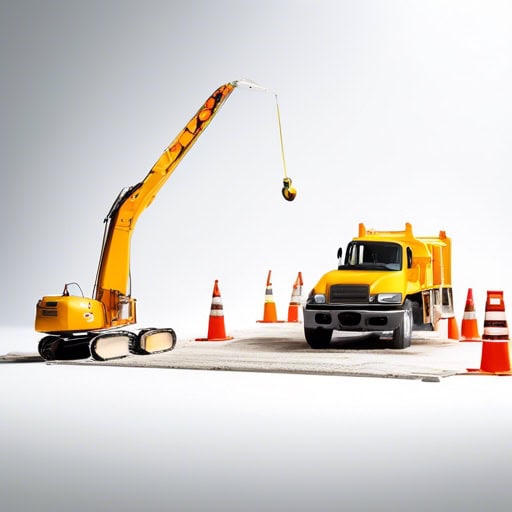
- Driving through the construction zone, I had to slow down and merge into a single lane.
- The construction zone on the highway caused a significant delay in my commute to work.
- Workers were busy repairing the road in the construction zone, creating a safer driving environment for everyone.

- Driving in the winter can be dangerous, especially when there is black ice on the road.
- I almost lost control of my car this morning because of the black ice covering the highway.
- It's important to drive cautiously and be aware of black ice, as it can cause accidents and injuries.

- Traffic congestion on the highway was so bad that it took me two hours to get home from work.
- The city implemented new traffic control measures to alleviate the traffic congestion during rush hour.
- Residents in the neighborhood have been complaining about the increase in traffic congestion due to the new shopping center opening nearby.

- Due to road closures, I had to find an alternate route to get to work this morning.
- The road closures caused a lot of traffic congestion in the downtown area.
- Emergency vehicles were rerouted due to the unexpected road closures on the highway.

- I hit a massive pothole on my way to work this morning and now my car needs to be taken to the mechanic for repairs.
- The city council is responsible for fixing potholes in the neighborhood to ensure safe driving conditions for residents.
- Motorists should always be cautious and alert while driving to avoid hitting potholes and damaging their vehicles.

- I had to drive slowly and carefully because of the icy conditions on the road.
- The school district decided to cancel classes due to the icy conditions making it unsafe for buses to travel.
- Road crews were out early this morning spreading salt to help melt the icy conditions and improve road safety.

- The flooded road made it impossible for cars to pass through, causing a traffic jam.
- After the storm, the city issued warnings to avoid driving on flooded roads to prevent accidents.
- The flooded road was a result of the nearby river overflowing its banks during the heavy rainfall.

- We had to take a detour on our road trip due to a major accident blocking the highway.
- The detour added an extra hour to our travel time, but it was necessary to avoid the road closure.
- Following the detour signs led us through winding back roads and scenic countryside.
Car maintenance
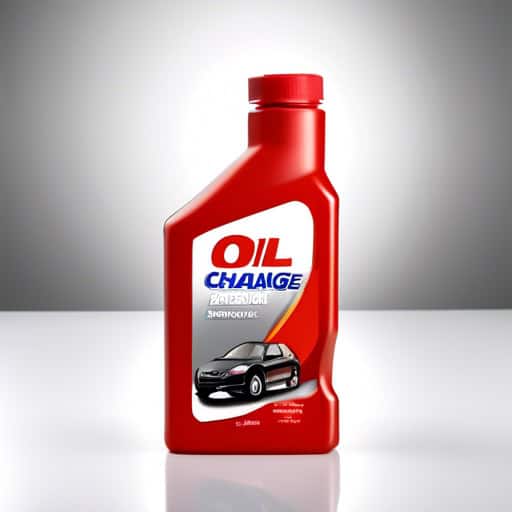
- I need to schedule an oil change for my car soon.
- The mechanic recommended getting an oil change every 5,000 miles.
- After the oil change, my car is running much smoother.
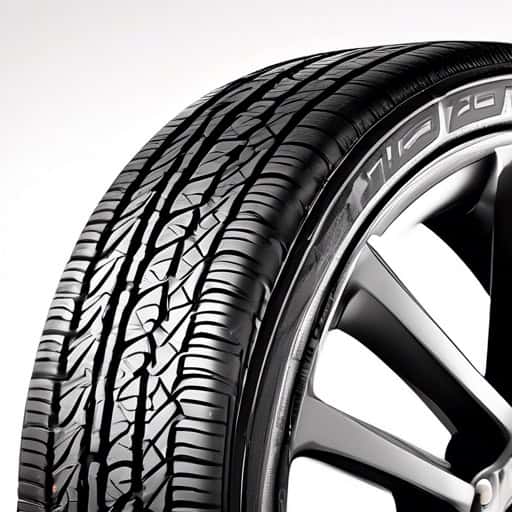
- I scheduled a tire rotation appointment at the auto shop to ensure my tires wear evenly.
- My mechanic recommended getting a tire rotation every 6,000 miles to prolong the life of my tires.
- After getting a tire rotation, my car drives smoother and handles better on the road.
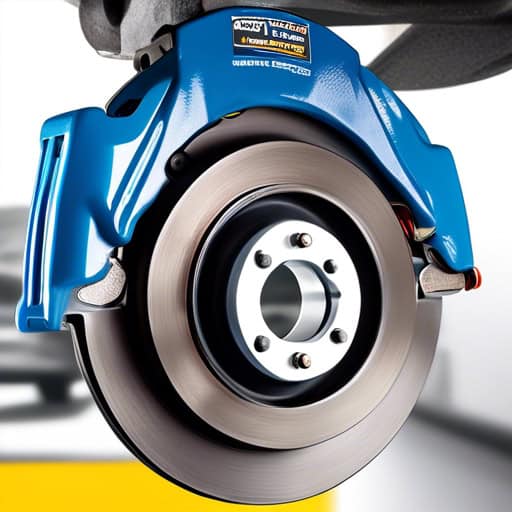
- During a brake inspection, the mechanic discovered that the brake pads were worn down and needed to be replaced.
- It is recommended to schedule a brake inspection every 12,000 miles to maintain optimal braking performance.
- The brake inspection revealed that there was a leak in the brake fluid reservoir, which was causing a loss of brake pressure.
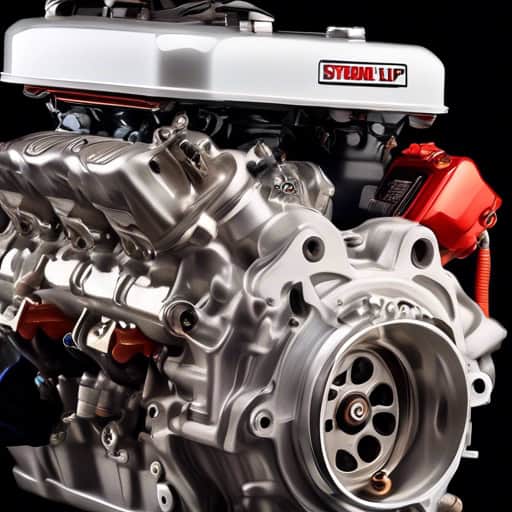
- I took my car to the mechanic for an engine tune-up to improve its performance and fuel efficiency.
- After the engine tune-up, my car runs smoothly and has better acceleration.
- Regular engine tune-ups can extend the lifespan of your vehicle and prevent costly repairs in the future.
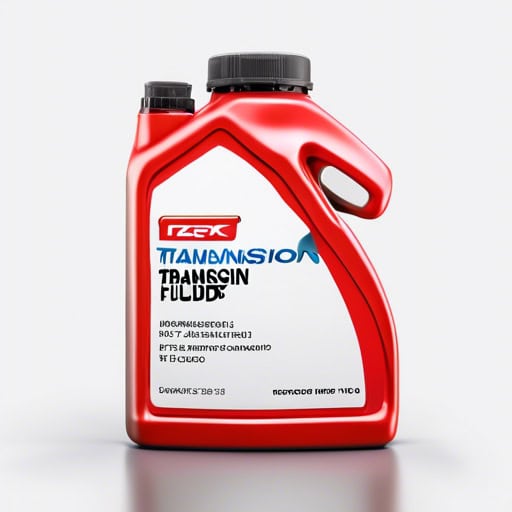
- I just scheduled a transmission fluid flush for my car because the old fluid was starting to cause shifting issues.
- The mechanic recommended a transmission fluid flush as part of my regular maintenance schedule to prevent potential damage to the transmission system.
- After getting a transmission fluid flush, I noticed a significant improvement in the smoothness of my car's gear changes.
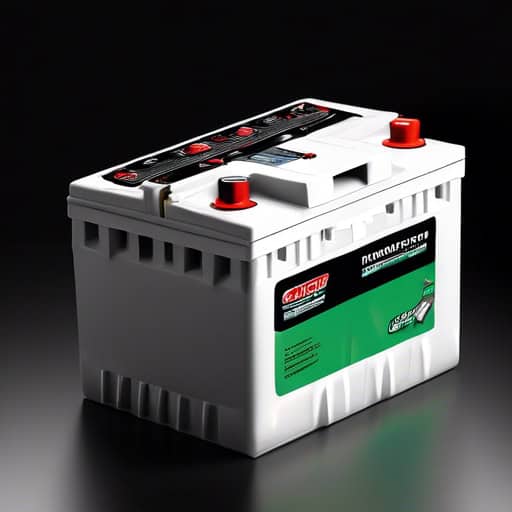
- I had to schedule a battery replacement for my car after it died unexpectedly.
- The technician recommended a battery replacement for my laptop to improve its performance.
- It's important to regularly check the battery life of your electronic devices to avoid any sudden need for battery replacement.
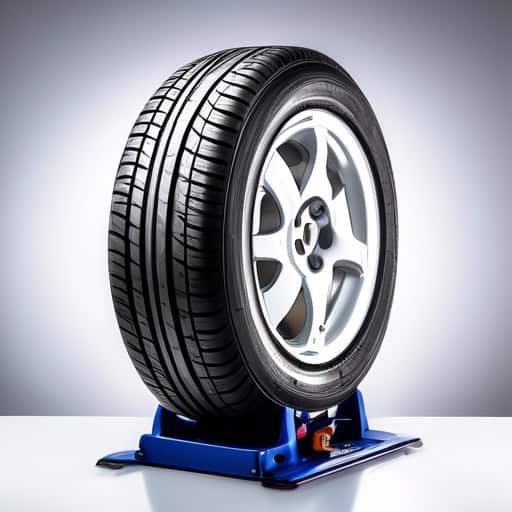
- My car's steering was pulling to one side, so I took it to the mechanic for a wheel alignment.
- After getting a wheel alignment, my car drives much smoother and straighter on the road.
- It's important to get a wheel alignment done regularly to prevent uneven tire wear and ensure safe driving.
Car parts

- The transmission in my car started to make a strange noise, so I took it to the mechanic for repair.
- When driving a manual transmission car, it is important to shift gears smoothly to avoid damage.
- The transmission of information through email is fast and efficient, making communication easy in the digital age.

- The car's suspension was so smooth that the passengers hardly felt any bumps on the road.
- After hitting a pothole, the suspension on the truck needed to be repaired.
- The suspension on the bicycle provided a comfortable ride over rough terrain.
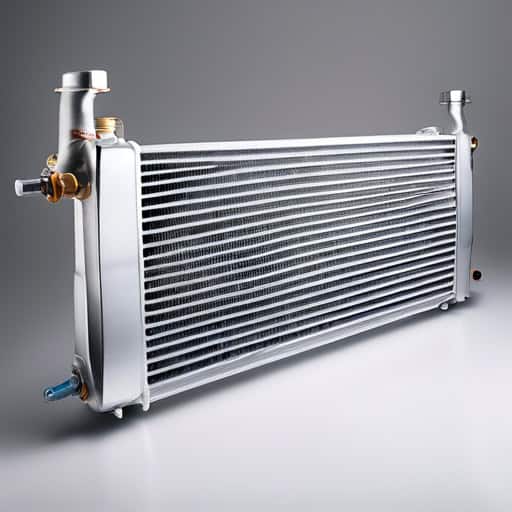
- The mechanic had to replace the radiator in my car after it started leaking.
- During the summer, it's important to keep an eye on your radiator to prevent overheating.
- The radiator in my vintage car is original and still functions perfectly.
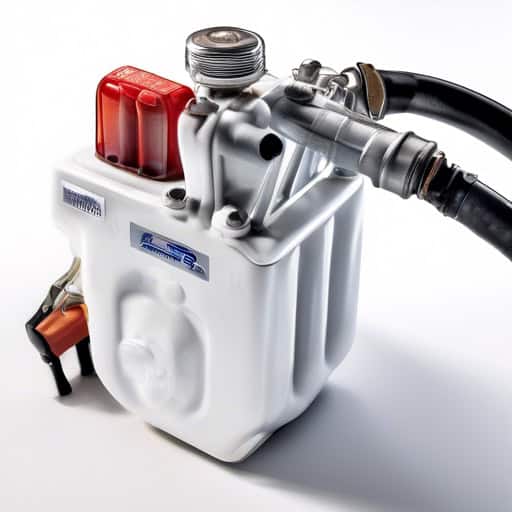
- The mechanic replaced the faulty fuel pump in the car to improve its performance.
- The fuel pump is responsible for delivering the necessary fuel to the engine for it to run smoothly.
- If the fuel pump fails, the car will not be able to start or run properly.
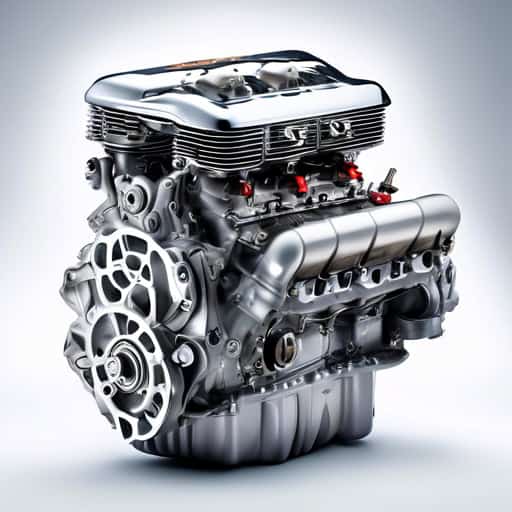
- The engine of the car roared to life as the driver turned the key in the ignition.
- The mechanic diagnosed the problem with the engine and recommended a full tune-up.
- The powerful engine of the sports car allowed it to accelerate quickly on the highway.
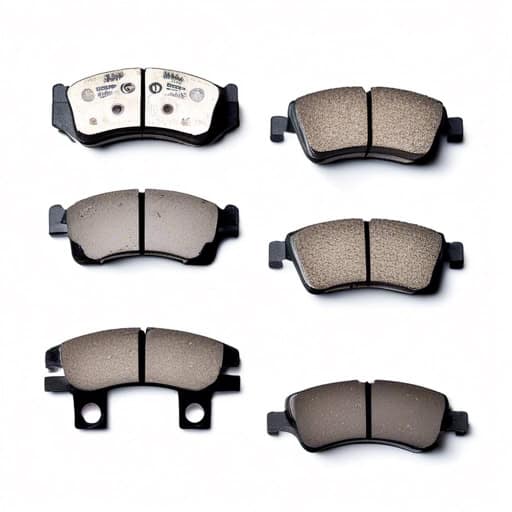
- The mechanic recommended replacing the worn brake pads on my car to ensure safe braking performance.
- I could hear a loud squealing noise coming from my wheels, a sign that the brake pads needed to be changed.
- After inspecting the brake system, the technician determined that the brake pads were thin and needed immediate replacement.
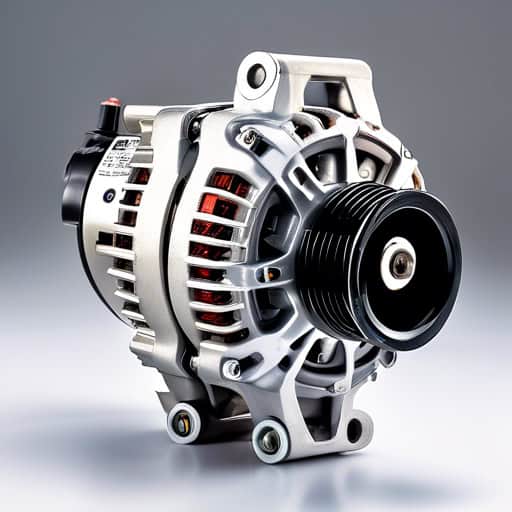
- The alternator in my car started making a strange noise, so I had to get it replaced.
- Without a functioning alternator, the car's battery would quickly run out of power.
- The mechanic explained that the alternator was the reason for my car's electrical issues.
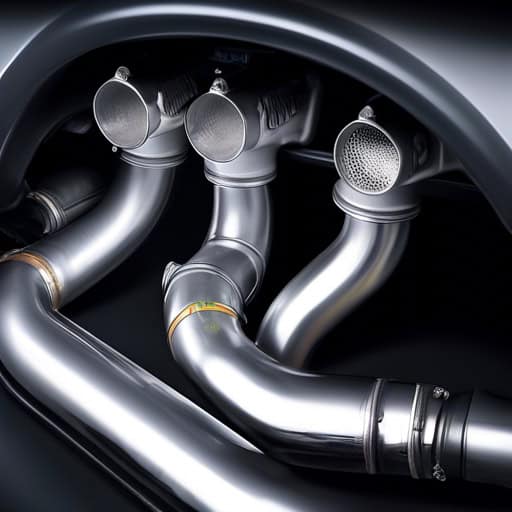
- The mechanic inspected the exhaust system for any leaks or damage.
- After driving for hours, the exhaust system began to emit a strange odor.
- Regular maintenance of the exhaust system is essential for optimal engine performance.
Traffic signs
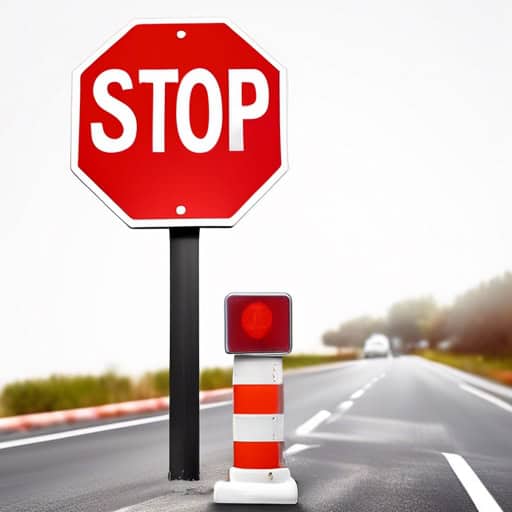
- Stop at the red octagonal sign before proceeding through the intersection.
- Drivers must stop completely at the designated point marked by the red sign.
- Make sure to come to a complete stop before turning right at the intersection.
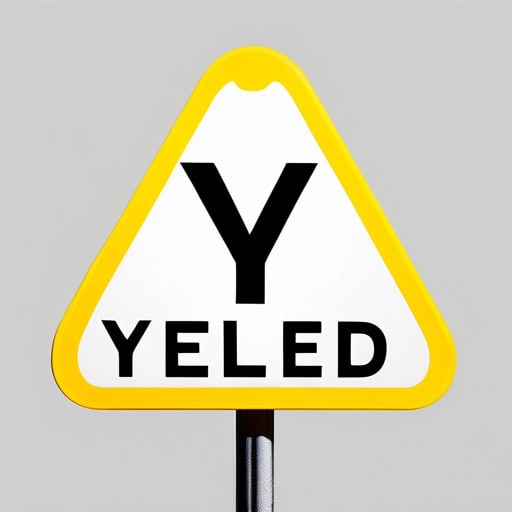
- The driver decided to yield to the pedestrians crossing the street.
- It is important to yield to oncoming traffic when merging onto the highway.
- Always be prepared to yield the right of way to emergency vehicles with their sirens on.
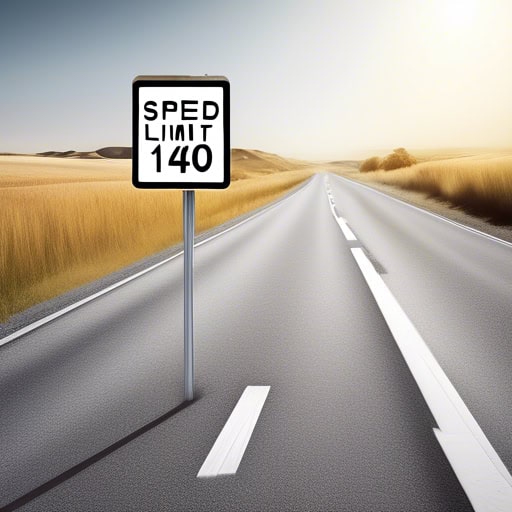
- I was pulled over for exceeding the speed limit on the highway.
- It is important to always be aware of the speed limit in school zones.
- The speed limit on this residential street is 25 miles per hour.
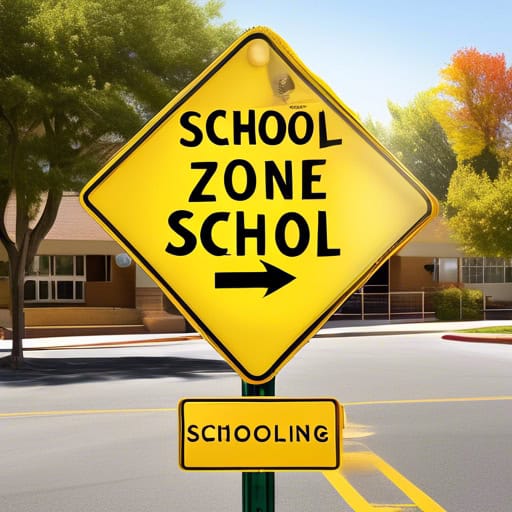
- Cars must slow down to 20 mph in the school zone during designated hours to protect children.
- The flashing lights near the school zone indicate when the reduced speed limit is in effect.
- It is important for drivers to be extra cautious and attentive when driving through a school zone.

- I always make sure to stop at the pedestrian crossing to allow pedestrians to cross the road safely.
- The pedestrian crossing near the school is always busy during drop-off and pick-up times.
- Drivers should be vigilant and watch out for pedestrians at the pedestrian crossing, especially in busy urban areas.

- One way traffic only - vehicles must follow the designated direction.
- Drivers must adhere to the one way sign to avoid accidents.
- The road is clearly marked as a one way street, with no entry from the opposite side.

- I missed the "No U-turn" sign and had to turn around further down the road.
- The driver in front of me ignored the "No U-turn" sign and caused a traffic jam.
- The police officer pulled over the car that made an illegal U-turn despite the "No U-turn" sign being clearly displayed.
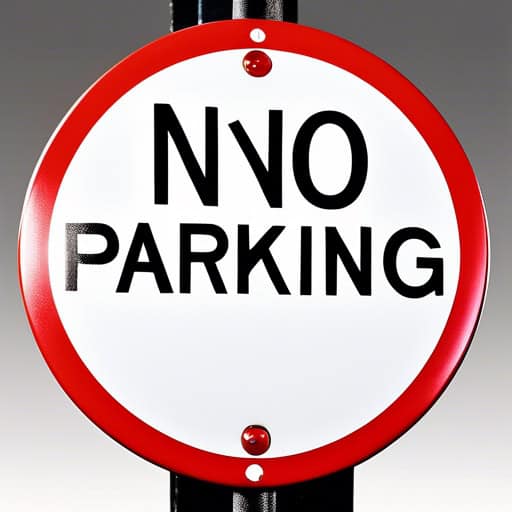
- There is no parking allowed in the fire lane for emergency vehicles.
- Please be aware that there is no parking in front of the building entrance.
- The sign clearly states "No parking", so please find another place to park your car.
Driving laws

- I was arrested for DUI after failing a sobriety test.
- She received a citation for reckless driving and DUI.
- The consequences of a DUI conviction can be severe, including license suspension and fines.
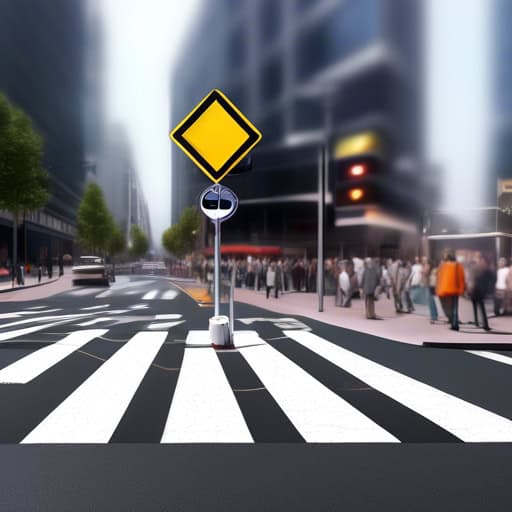
- The pedestrian crossing was busy with people trying to get to the other side of the street.
- Drivers should always be cautious and yield to pedestrians at the designated pedestrian crossing.
- The city council decided to install a new pedestrian crossing near the school to improve safety for students.
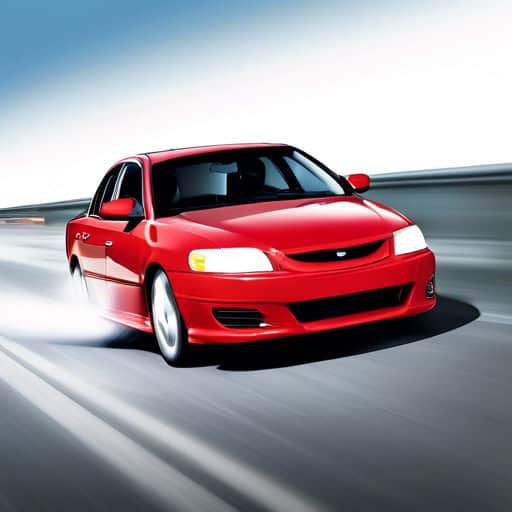
- The driver was charged with reckless driving after causing a multi-car accident on the highway.
- Reckless driving is not only dangerous, but it is also illegal and can result in serious consequences.
- Despite numerous warnings from law enforcement, the teenager continued to engage in reckless driving behavior.

- I yielded the right of way to the pedestrian crossing the street.
- Drivers must always yield the right of way to emergency vehicles with their lights and sirens on.
- It is important to understand and follow the rules regarding right of way to prevent accidents on the road.
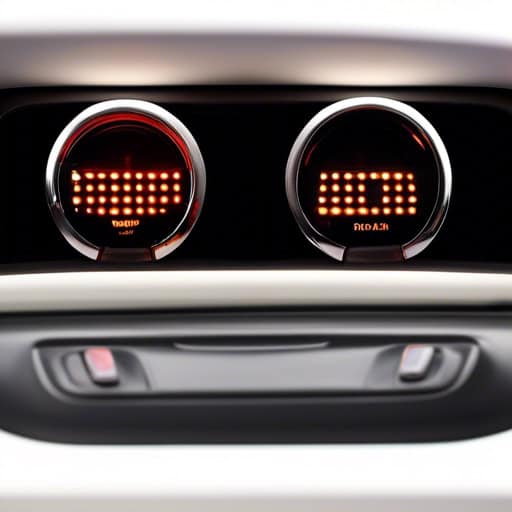
- The driver used their turn signal to indicate they were changing lanes.
- The traffic light turned red, signaling everyone to stop.
- The honking horn was a signal for the pedestrians to hurry across the street.
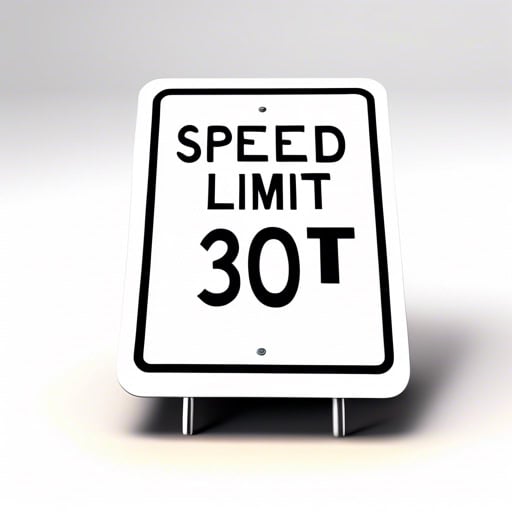
- The speed limit on this highway is 65 miles per hour.
- Drivers who exceed the speed limit may be subject to fines and penalties.
- It is important to always obey the posted speed limit for safety reasons.
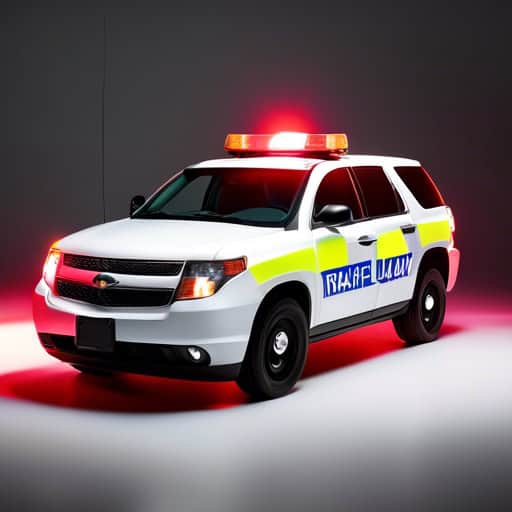
- I received a ticket for a traffic violation after I was caught speeding on the highway.
- The police officer pulled me over for a traffic violation because I failed to signal when changing lanes.
- Ignoring a traffic violation can lead to more serious consequences, such as license suspension.

- The driver failed to yield at the stop sign, causing a dangerous situation for pedestrians.
- It is important to always yield to emergency vehicles with their lights and sirens on.
- Make sure to yield to oncoming traffic when merging onto the highway.
Quick Facts
- Driving is considered to be one of the most dangerous activities that people engage in on a daily basis.
- The average American spends about 101 minutes driving each day, which adds up to over 37,000 hours in a lifetime.
- There are more cars than people in the United States, with an estimated 276 million registered vehicles in the country.
- Studies have shown that listening to music while driving can improve mood, reduce stress, and even increase focus and concentration.
- Car accidents are the leading cause of death for teenagers in the United States, with around 2,000 teens dying in car crashes each year.
